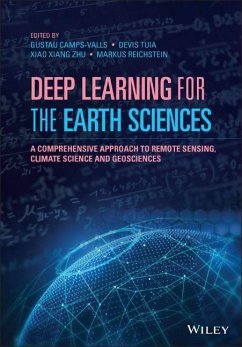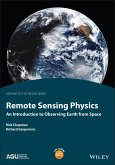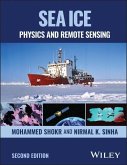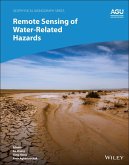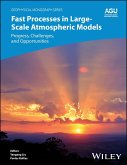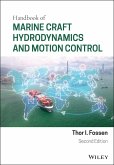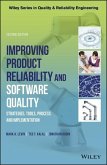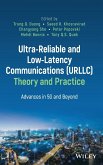DEEP LEARNING FOR THE EARTH SCIENCES
Explore this insightful treatment of deep learning in the field of earth sciences, from four leading voices
Deep learning is a fundamental technique in modern Artificial Intelligence and is being applied to disciplines across the scientific spectrum; earth science is no exception. Yet, the link between deep learning and Earth sciences has only recently entered academic curricula and thus has not yet proliferated. Deep Learning for the Earth Sciences delivers a unique perspective and treatment of the concepts, skills, and practices necessary to quickly become familiar with the application of deep learning techniques to the Earth sciences. The book prepares readers to be ready to use the technologies and principles described in their own research.
The distinguished editors have also included resources that explain and provide new ideas and recommendations for new research especially useful to those involved in advanced research education or those seeking PhD thesis orientations. Readers will also benefit from the inclusion of:
_ An introduction to deep learning for classification purposes, including advances in image segmentation and encoding priors, anomaly detection and target detection, and domain adaptation
_ An exploration of learning representations and unsupervised deep learning, including deep learning image fusion, image retrieval, and matching and co-registration
_ Practical discussions of regression, fitting, parameter retrieval, forecasting and interpolation
_ An examination of physics-aware deep learning models, including emulation of complex codes and model parametrizations
Perfect for PhD students and researchers in the fields of geosciences, image processing, remote sensing, electrical engineering and computer science, and machine learning, Deep Learning for the Earth Sciences will also earn a place in the libraries of machine learning and pattern recognition researchers, engineers, and scientists.
Hinweis: Dieser Artikel kann nur an eine deutsche Lieferadresse ausgeliefert werden.
Explore this insightful treatment of deep learning in the field of earth sciences, from four leading voices
Deep learning is a fundamental technique in modern Artificial Intelligence and is being applied to disciplines across the scientific spectrum; earth science is no exception. Yet, the link between deep learning and Earth sciences has only recently entered academic curricula and thus has not yet proliferated. Deep Learning for the Earth Sciences delivers a unique perspective and treatment of the concepts, skills, and practices necessary to quickly become familiar with the application of deep learning techniques to the Earth sciences. The book prepares readers to be ready to use the technologies and principles described in their own research.
The distinguished editors have also included resources that explain and provide new ideas and recommendations for new research especially useful to those involved in advanced research education or those seeking PhD thesis orientations. Readers will also benefit from the inclusion of:
_ An introduction to deep learning for classification purposes, including advances in image segmentation and encoding priors, anomaly detection and target detection, and domain adaptation
_ An exploration of learning representations and unsupervised deep learning, including deep learning image fusion, image retrieval, and matching and co-registration
_ Practical discussions of regression, fitting, parameter retrieval, forecasting and interpolation
_ An examination of physics-aware deep learning models, including emulation of complex codes and model parametrizations
Perfect for PhD students and researchers in the fields of geosciences, image processing, remote sensing, electrical engineering and computer science, and machine learning, Deep Learning for the Earth Sciences will also earn a place in the libraries of machine learning and pattern recognition researchers, engineers, and scientists.
Hinweis: Dieser Artikel kann nur an eine deutsche Lieferadresse ausgeliefert werden.

